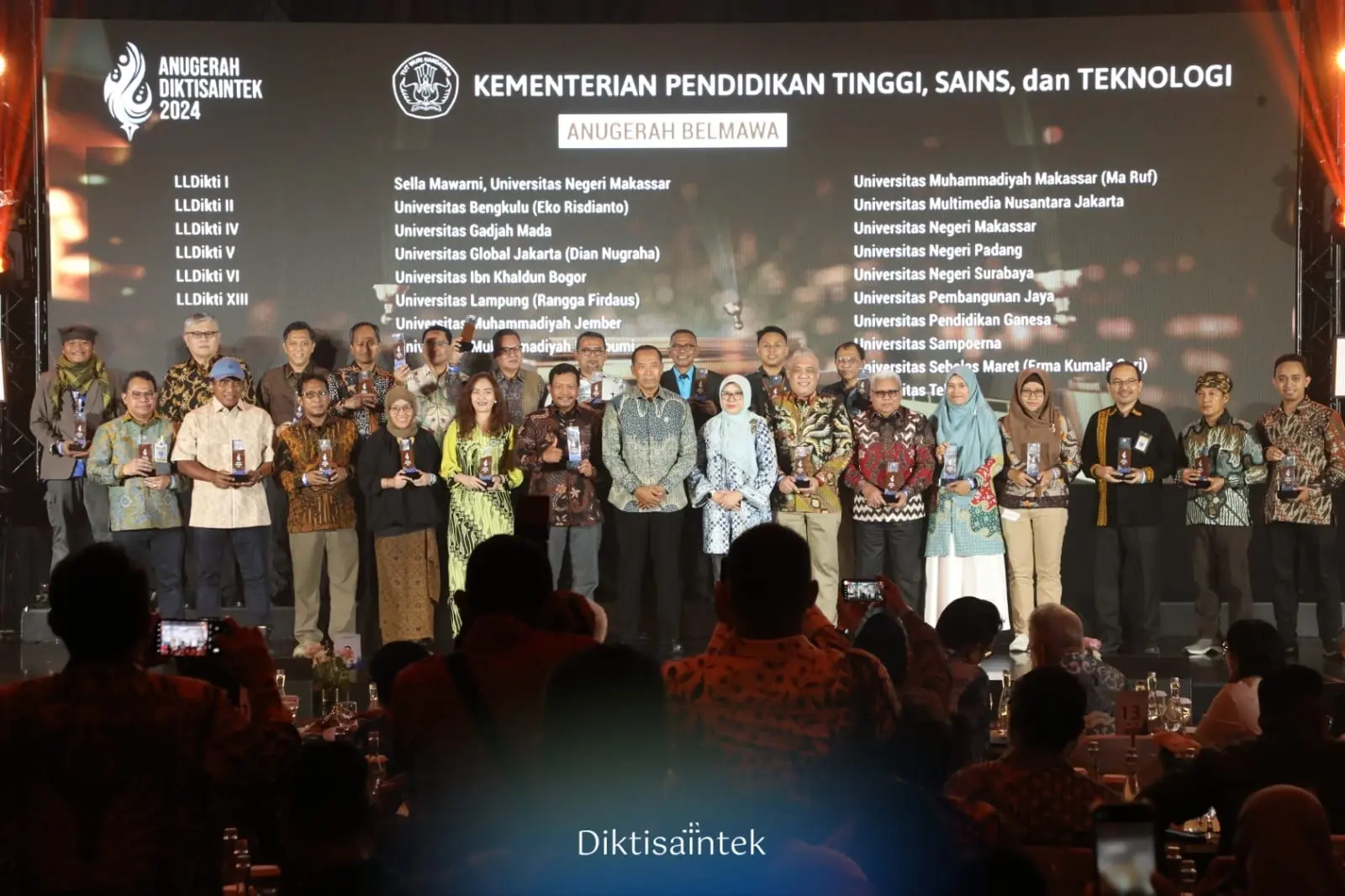23 May 2023
The Importance of Engineering Edu in Solving Global Challenges
Articles,

Engineering education refers to the academic programs and training that prepare individuals to become professional engineers. It typically involves a combination of theoretical coursework, laboratory work, and practical training to develop the knowledge, skills, and competencies necessary for a career in engineering.
Engineering education encompasses various disciplines, including civil engineering, mechanical engineering, electrical engineering, chemical engineering, aerospace engineering, and many others. The specific curriculum and focus areas may vary depending on the institution and the chosen engineering specialization. Engineering education recognizes the interconnectedness of various disciplines.
It often integrates elements from other fields, such as mathematics, physics, materials science, computer science, and business. This interdisciplinary approach equips engineers with a broader perspective and enables them to collaborate effectively with professionals from different backgrounds.
Engineer Education in Indonesia
Engineering education in Indonesia is an essential aspect of the country’s higher education system. Indonesia offers a variety of engineering programs at universities and technical institutes to meet the growing demand for skilled engineers in various fields.
The National Accreditation Board for Higher Education (Badan Akreditasi Nasional Perguruan Tinggi, BAN-PT) monitors the quality of engineering education in Indonesia. Accreditation ensures that engineering programs meet specific standards regarding curriculum, faculty qualifications, facilities, and learning outcomes.
The engineering curriculum in Indonesia typically includes a combination of theoretical coursework, laboratory work, and practical training. Students study core engineering subjects, mathematics, physics, and specialized courses in their chosen fields. The curriculum may also include design projects and internships to provide practical experience.
The Importance of Engineer Education in Solving Global Challenges
Engineering education plays a crucial role in addressing and solving global challenges. Engineers are at the forefront of finding innovative solutions as the world faces complex problems related to climate change, sustainability, infrastructure development, healthcare, and technology. Here are some key reasons why engineering education is essential in tackling these global challenges:
- Technological innovation: Engineers are responsible for driving technological advancements. Through engineering education, students deeply understand scientific principles, mathematics, and practical applications. This knowledge enables them to develop new technologies, materials, and processes that can help solve global challenges. Engineers are essential in creating and implementing innovative solutions, from renewable energy systems to sustainable infrastructure designs.

- Sustainable development: Sustainable development is central to addressing global challenges. Engineers are crucial in designing sustainable solutions that minimize environmental impact, promote resource efficiency, and ensure long-term viability. By incorporating principles of environmental stewardship and sustainability into their education, engineers can develop sustainable technologies, improve infrastructure resilience, and contribute to a greener future.
- Collaborative approach: Global challenges require collaboration among experts from various fields. Engineering education often fosters interdisciplinary collaboration by exposing students to disciplines such as biology, chemistry, economics, and social sciences. This multidisciplinary approach helps engineers work effectively with professionals from diverse backgrounds, leading to holistic problem-solving and innovative solutions.
- Global perspective: Engineering education provides students a worldwide view by emphasizing the world’s interconnectedness. Engineers need to consider the social, cultural, economic, and political factors that influence the implementation of their solutions. Understanding global challenges requires engineers to be aware of different regions’ unique contexts and needs, ensuring that solutions are locally relevant and inclusive.
- Ethical considerations: Engineering education emphasizes the importance of ethical conduct and responsibility. Engineers are trained to consider the ethical implications of their work, ensuring that their solutions prioritize human well-being, safety, and societal benefit. By integrating ethics into engineering education, future engineers are equipped to address global challenges responsibly and sustainably.
In conclusion, engineering education is of utmost importance in addressing global challenges. It equips students with the necessary skills, knowledge, and mindset to tackle complex problems, drive technological innovation, promote sustainability, foster collaboration, consider ethical implications, and positively impact globally. By investing in engineering education, societies can nurture a generation of engineers equipped to create a better and more sustainable future for all.
Sampoerna University
Sampoerna University is a fully accredited university in Indonesia that offers the best choice for those seeking excellent international education. Sampoerna University is a private, non-denominational, non-profit university licensed and certified by the Republic of Indonesia’s Ministry of Education, Culture, Research, and Technology. Formed according to national and international standards, Sampoerna University is qualified to contribute to society through education substantially.
The Faculty of Engineering and Technology (FET) at Sampoerna University is committed to building STEAM (Science, Technology, Engineering, Arts, and Math) competence. Our approach fosters adaptability, collaboration, creativity, and strong communication skills. According to industry experts, our policy makes our graduates the most competitive in Indonesia.
Faculty of Engineering and Technology offers the following degree program:
Industrial Engineering, Mechanical Engineering, Visual Communication Design, Computer Science, and Information Systems.
The curriculum offered by FET at Sampoerna University has been developed to meet national requirements and exceed them. In partnership with leading American universities, students can complete a double degree (engineering) or degree supplements (computer science and creative digital design). All students graduate from FET with both national degrees and American credentials.
9 of 10 graduates get employed three months after graduation*. Immediately register to participate in the new student admissions process for the 2023-2024 year here. Our Admission Team will contact you soon to provide more detailed information.
Schedule with us whenever you want to visit campus tours on-site or virtual!
*Based on graduating cohort 2020-2022






